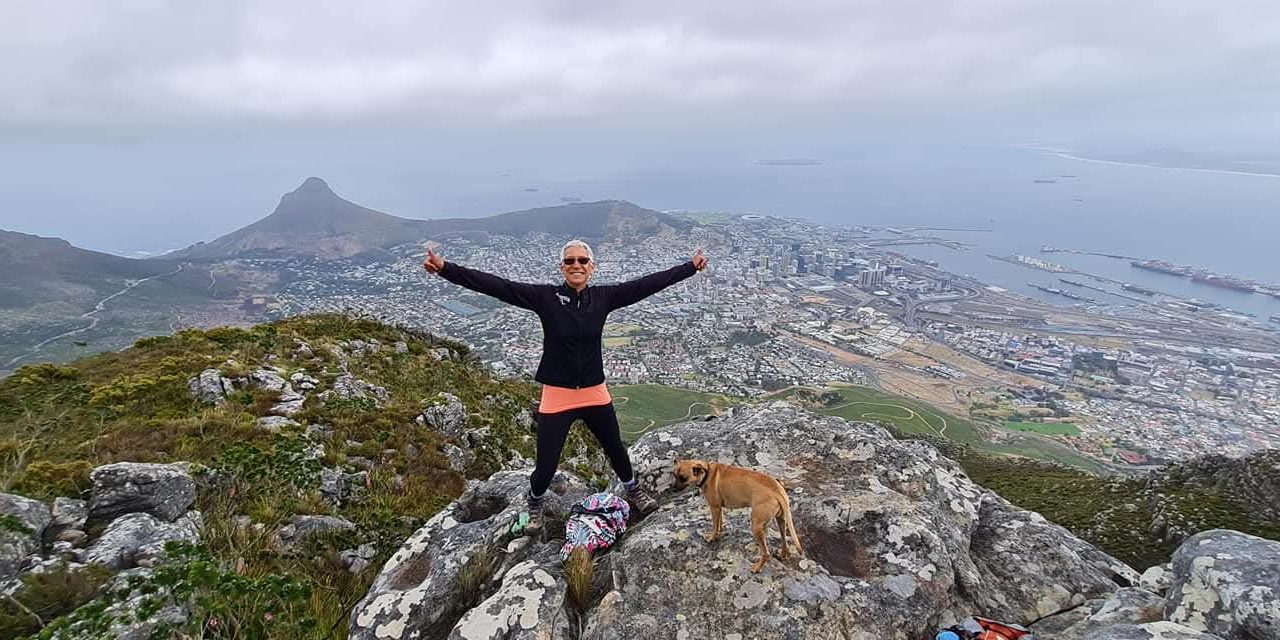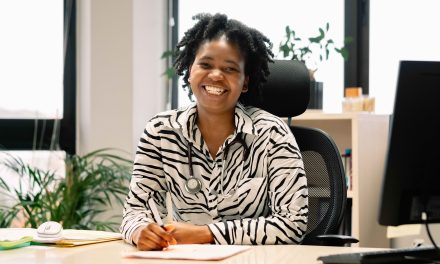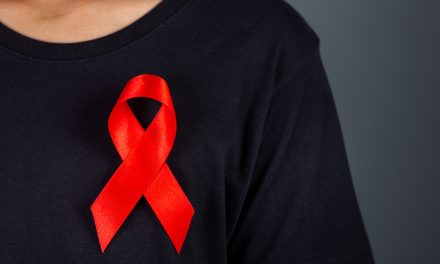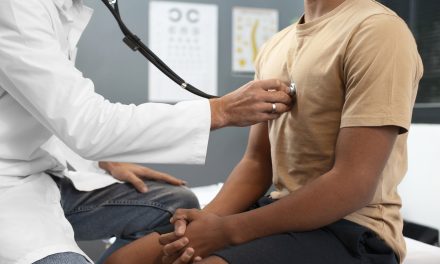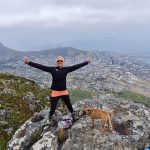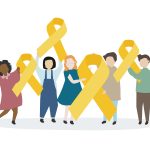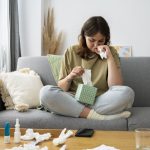Fear, hope, and the journey in between as a woman thrives through lung cancer
Marcel D’Allende wears many hats – corporate transformation manager, life and consciousness coach, and now, lung cancer survivor. Her journey took an unexpected turn in December 2021 when she was told she had stage 4 lung cancer, a diagnosis that arrived just before her 55th birthday.
What was your first thought when you got the diagnosis?
When I first heard the words, “You have lung cancer,” my world shattered. Only weeks before I had completed a four-day, 80-kilometre hike through the breathtaking Baviaanskloof. I was active, fit, and living fully except for a stubborn cough that had started interfering with my hikes.
I suspected something was wrong, but I never imagined it would be the dreaded “C” word, so often thought of as a death sentence. The diagnosis felt surreal.
How do you stay yourself when cancer is part of your story?
Cancer may try to redirect the course of your life, but it doesn’t change who you are at your core.
I am still the same person who loves, who dreams, who matters to others. My heart still beats with purpose. This is just one chapter and I am still the author of my story. I stay grounded by surrounding myself with people who see me beyond the diagnosis and by holding close my passions such as hiking, walking in nature, or simply spending time outdoors when my strength allows. Daily rituals remind me that I am still me: strong, worthy, and filled with life.
What daily rituals keep you grounded?
Small, consistent practices became my lifeline:
- Breathing to reset: Deep breathing calmed me before treatments and during anxious moments.
- Prayer and meditation: I leaned into prayer, imagining God as my co-navigator through the storm.
- Grounding in nature: Whether hiking, gardening, or simply noticing the smell of rain, nature kept me present in each moment.
- Gratitude journaling: Each night I wrote down three to five things I was thankful for, no matter how small.
- Affirmations and visualisation: I repeated phrases like “I am strong” and visualised my body healing.
- Information boundaries: I avoided overwhelming myself with online research and relied on my doctors.
- Emotional boundaries: I learned to say no and protect my energy and choose to spend time only with those who uplift me.
These rituals didn’t erase fear or sadness, but they gave me anchors of hope, peace, and presence.
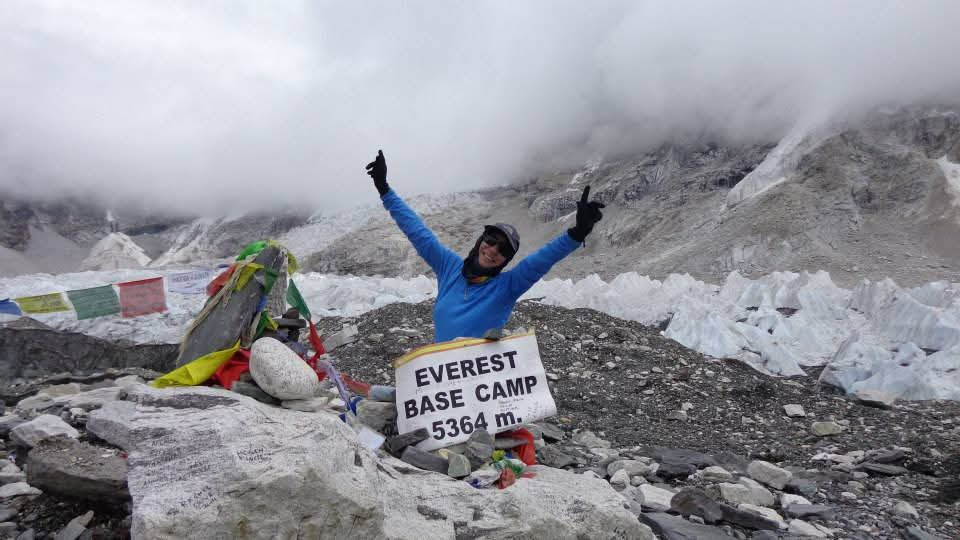
How do you handle the stigma around lung cancer?
Like many other lung cancer survivors, I carried guilt at first. I smoked on and off during adulthood and when I was diagnosed, shame hit hard. I kept blaming myself, but eventually I realised I didn’t “order” this disease by walking into a shop. I had to find a way to reshape the conversation in my head. I had to understand that cancer is not a punishment, forgive myself and move forward.
I also learned that lung cancer is not confined to smokers. In fact, over 20% of today’s patients have never smoked. One of my dearest friends, a lifelong non-smoker, was diagnosed with stage 4 lung cancer six months before my diagnosis. Cancer does not discriminate and it’s time the world understood that.
Fear or hope: which wins most days?
Anxiety is always present, but as a life coach, I’ve learned something vital; I am not my emotions. I let myself feel fear when it comes, but I don’t stay there. I remind myself that everything is temporary; no thought, no emotion, no pain lasts forever. That knowledge allows hope to rise again.
Who or what has been your biggest support?
My family has been my greatest support system. From the start, I set boundaries and explained how I wanted them to engage with me i.e. not just as a patient but as the whole person I still am. They’ve given me space to be vulnerable, lifted me gently in my darkest moments, and reminded me of my strength.
Alongside their love, my own tools and rituals such as journaling and affirmations have kept me steady. Together, these supports remind me that nothing is permanent, and even the hardest days pass.
If you could erase one myth about lung cancer, what would it be?
If I could erase one myth, it would be this: lung cancer is not always a death sentence and not all patients are smokers, and not all smokers develop lung cancer. Education is key to shifting this narrative.
What advice would you give someone newly diagnosed?
Define what kind of support you need and be honest with yourself, and also know that it may change in the journey.
Once you’re clear, communicate those needs to your loved ones, colleagues, and social circles. Avoid the rabbit hole of online searches; every cancer is different, and your medical team is your best source of guidance. Above all, remember: you are not alone, and you are more than your diagnosis.
How has cancer changed the way you see life?
I’ve always tried to live consciously, but cancer has deepened that commitment. I no longer waste energy on relationships that drain me. Instead, I focus on connections that nurture mutual respect and joy.
Every morning, I wake up with a grateful heart. On the harder days I find something, however small, to appreciate. Every moment is precious. Tomorrow is never guaranteed.
What does “Stronger Together” mean to you personally?
It means finding your tribe. It may be family, a support group like CANSA, or simply one person who truly understands. This journey cannot be walked alone. On the days when I am not my strongest, I know someone will be there to carry me. And when others falter, I can do the same.
Images: Supplied

